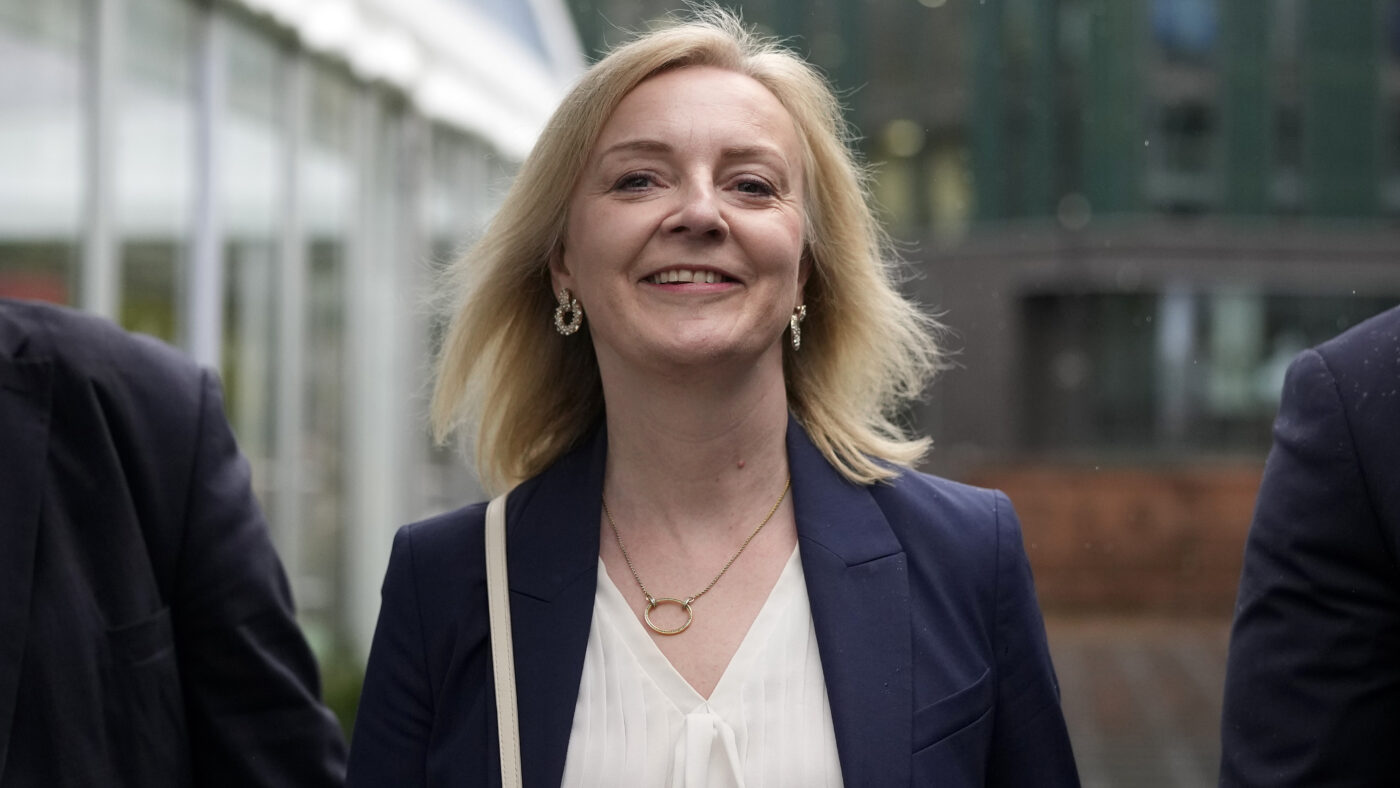In our increasingly polarised nation, Liz Truss is one of the last remaining unity figures – albeit for the wrong reasons. We collectively wince when she makes speeches at American think tanks, shout at the television when she offers political advice, and stare in awe at her brass neck for appearing at state occasions as a former Prime Minister.
Omnishambles doesn’t do justice to the national embarrassment that was Truss’ premiership, but the real tragedy of her time in power was that she had a point. Britain has become a country where the default answer is ‘no’; a country which can’t grow, build or deliver improving living standards for its citizens. What a shame then that the first Prime Minister to articulate Britain’s sclerotic situation was a catastrophe. As she left office, Janan Ganesh feared Truss had tarred the pro-growth cause for a generation.
Over a year has passed since her 44-day jaunt in Downing Street. In that time, something strange has happened: the political establishment has come around to the radicalism that pitted Truss against the ‘anti-growth coalition’. A visionary rather than a leader, Truss was ahead of her time.
The Resolution Foundation’s near 300-page report ‘Ending Stagnation’ published on Monday shows that even left-leaning think tanks are now seeing through Trussite goggles. Low growth was identified as the number one problem facing Britain, with the Resolution Foundation recommending a National Growth Board be established to put growth at the heart of policymaking.
Both Rishi Sunak and Keir Starmer have emphasised the importance of growth. Speaking at the launch of the Resolution Foundation’s report, Starmer said that ‘the defining purpose of the next Labour government… will be raising Britain’s productivity growth’. Meanwhile, three of Sunak’s five pledges are economic, as he rails against the ’30-year political status quo’.
This obsession with growth is new. David Cameron won power promising to create a ‘wellbeing index’, claiming that ‘GDP is an incomplete way of measuring a country’s progress’. The levelling up agenda – a philosophy which was woven through the manifestos of Ed Miliband, Theresa May and Boris Johnson – aimed to share prosperity throughout Britain. Truss’ razor sharp focus on growth has changed this. The fluff is gone. Expect long overdue radicalism from unexpected places (*cough* Starmer *cough*).
That’s not to say Truss did nothing wrong. Indeed, nearly everything she did was wrong. She attempted to bring about a transformation in government without a mandate from the electorate – or even an independent audit. And her policies were economically illiterate. Supply side policies may be deflationary in the long run, but in the short term, tax cuts (just like unfunded spending) are inflationary.
But like all visionaries, Truss should be remembered for what she said. In her one Conference speech as leader, as markets smouldered from her ‘mini budget’, Truss said ‘The status quo is not an option. That is why we cannot give in to the voices of decline. We cannot give in to those who say Britain can’t grow faster. We cannot give in to those who say we can’t do better’.
When you read the news and see flatlining productivity, stagnating wages and infrastructure projects delayed – when you feel the impact in your everyday life – it’s hard not to be stirred by Truss’ words. Even at the time, amidst the melodrama, perhaps we were unconsciously. She will never get the credit for vocalising Britain’s malaise – and given her solutions, that’s probably fair. But Truss’ comically short premiership will have a much longer legacy.
Click here to subscribe to our daily briefing – the best pieces from CapX and across the web.
CapX depends on the generosity of its readers. If you value what we do, please consider making a donation.


